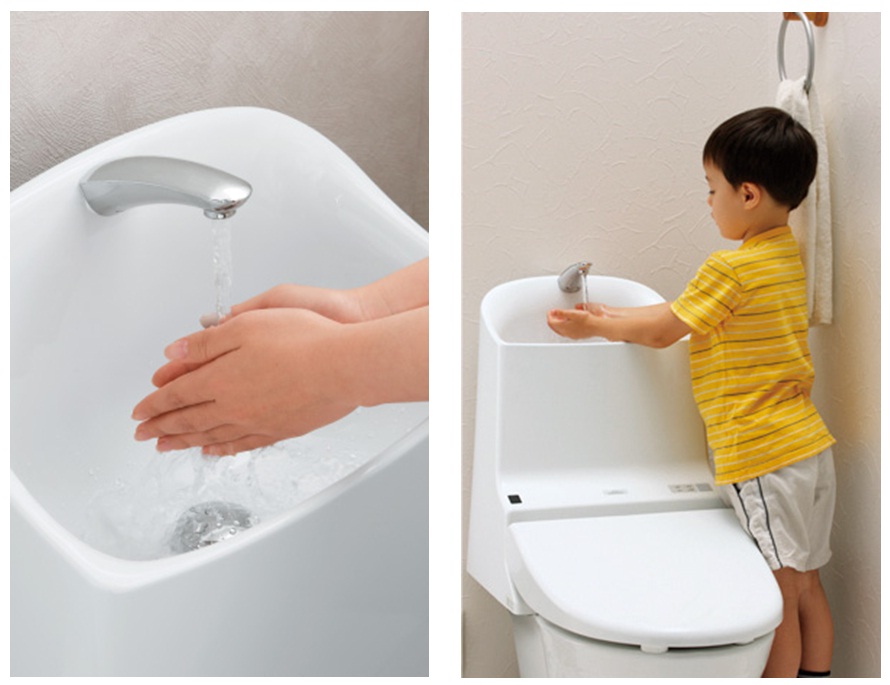Theatre as a whole is, well, both competitive and not. There are shows I wish I’d lit, people I wish I’d had a chance to work with, and, at the same time, I’m thrilled at the lighting by others in shows I wish I’d done. It’s a super small field in New York especially, and everyone knows everyone and where their strengths are. Basically, if you last long enough in this town you are likely to end up where you belong. But it’s a question as to if you want to last that long.
I got out of grad school in 2003. Did TV for a few years at a grand sum of around 32K a year. Gross. So after grad school was when I got my ramen fix. I left when I realized I was sick of going to work at 4 in the afternoon and missing all my friends shows and ended up in architectural lighting where I started at 40K. But this time with healthcare and going home at normalish hours. But that lighting is about as far from theatre as you can get, there are a lot of people who are going to get in your way to stop your design from being what you want. Contractors, architects, owners, they all have a say in what ends up being built.
I only ended up here because it’s the sister company to the architectural lighting side and that took 11 years of living in New York. I don’t think I would have been remotely prepared to do this job straight out of grad school. But you’re right, it’s a very limited job market. We are one of the bigger firms with a well established clientele and 40+ years and have just two lighting people. I can name offhand the other five or six within a few hundred miles from here.
As to if live theatre is a viable path, absolutely. You just have to be very, very well aware of what you are giving up. Some limited statistics:
Of the 18 people in my grad school class:
12 of us still live around the New York area,
At least 10 of those are in entertainment,
Five of those are active theatre designers full time, the rest are professors, television, film or theatre consulting.
I am one of two in the area that owns a free standing home. Condos, coops, and the majority are still in apartments.
I am one of five that got married and is still on their first marriage.
I am one of three that have children.
So, yes, it’s absolutely possible to have a career in theatre. And it’s possible to have all the stuff you want, family, a house, whatever, you just have to be aware that it might take some time and the hours along the way are going to be awful. I know people who are still living check to check after 20 years in the business, it can be really stressful.
That said, there is literally nothing stopping you from doing theatre where you are if you have any interest. I light shows at my local 150 seat community theatre with pleasure and they are happy to have interested people help out. They pay probably isn’t there but then again, neither is the stress to make everything perfect or get burned out. Why, look at this, I see the Coronado Playhouse doesn’t have a resident lighting designer. See if they want any help if you want to scratch that itch.
The past is the past, the choices you (and I) made to not freelance in theatre and starve and to do other things left a spot for someone else to do that. I don’t regret not freelancing at all but I also recognize I’ve been very lucky in life. But there’s nothing that says you can’t dip your toes back into it and see if it’s worth exploring again. Let a few people in your industry know you do theatre on the side and I’m willing to bet they know of a production that needs a designer.
 )
)




